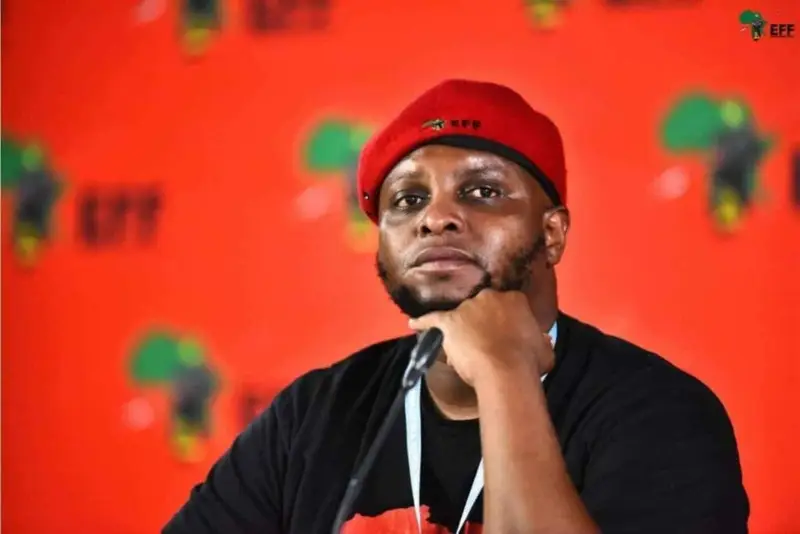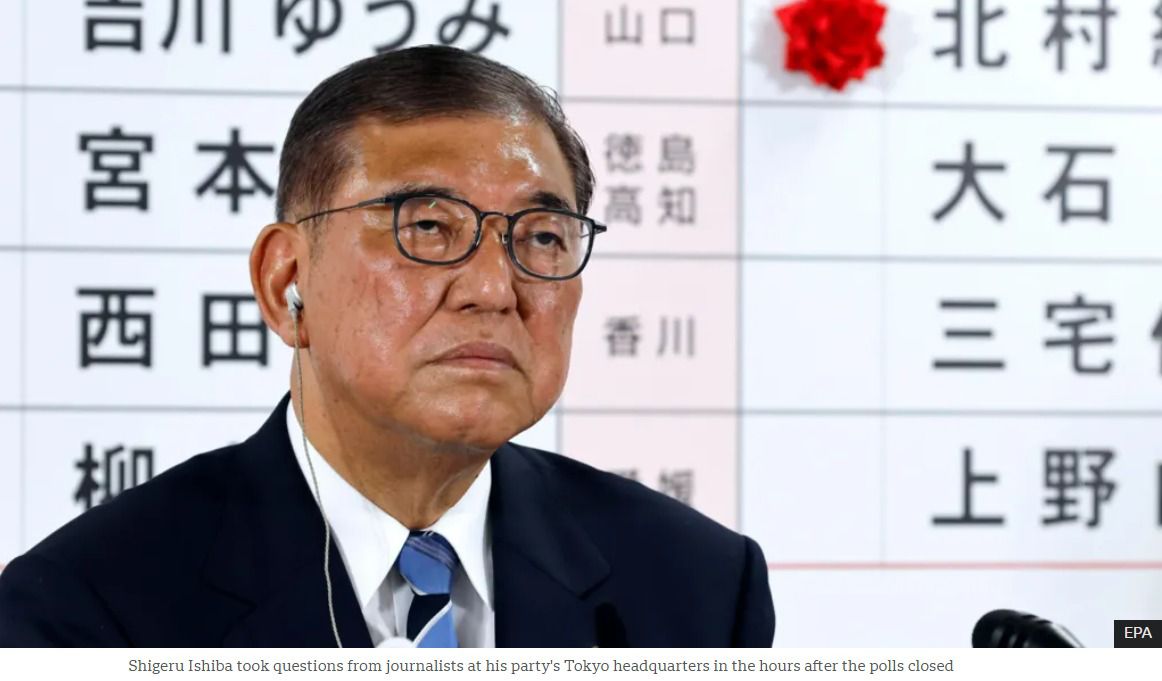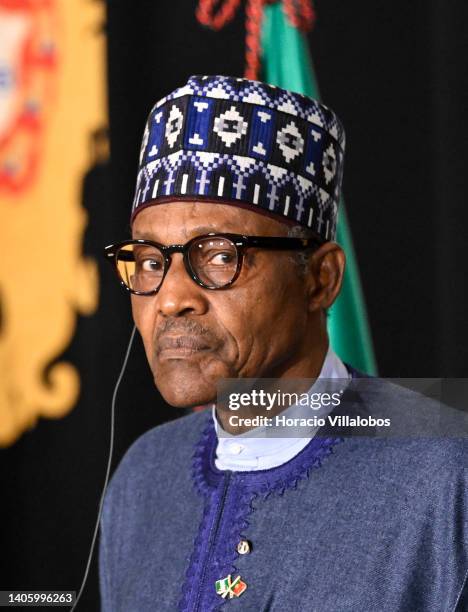The Resignation of Floyd Shivambu from the EFF and His Transition to the MK Party Led by Jacob Zuma and Judge Hlophe
In a surprising turn of events, Floyd Shivambu, a prominent figure in the Economic Freedom Fighters (EFF), has resigned from the party. This resignation has sent ripples through the political landscape of South Africa. Floyd Shivambu, known for his influential role and vocal stance within the EFF, has now aligned himself with the MK Party, a political faction helmed by former President Jacob Zuma and Judge John Hlophe. This shift marks a significant change on the South African political scene, given Shivambu’s established prominence and the contrasting political ideologies involved.
Shivambu’s departure from the EFF not only raises questions about the internal dynamics of the party but also shines a spotlight on the objectives and strategies of the MK Party. This transition is particularly noteworthy as it brings together two polarizing figures in South African politics—Jacob Zuma, whose tenure has been marred by controversy, and Judge Hlophe, known for his contentious judicial career.
The Economic Freedom Fighters, known for their radical positions and outspoken leadership, will now have to navigate their political journey without one of their key members. Meanwhile, Floyd Shivambu’s association with the MK Party could potentially usher in new ideological battles and policy debates within the broader political discourse. As South Africa stands at a crossroads, analyzing the implications of Shivambu’s transition is crucial for understanding the evolving dynamics of its political landscape.
This blog post delves into the intricate details of Floyd Shivambu’s resignation from the EFF and his alignment with the MK Party. We will explore the background, motivations, and potential outcomes of this significant political development, offering insights into its possible impact on both the parties involved and the South African political spectrum at large.
Background of Floyd Shivambu
Floyd Shivambu has been a prominent figure in South African politics for well over a decade. His political journey began with his involvement in the African National Congress Youth League (ANCYL), where he made a name for himself as an outspoken and passionate leader. Shivambu rose to national prominence through his remarkable ability to galvanize young South Africans around political activism and socio-economic issues. His reputation for being outspoken and often controversial was set early on, marking him as a powerful force within the political arena.
In 2013, Shivambu co-founded the Economic Freedom Fighters (EFF) alongside Julius Malema, signaling a pivotal shift in his political career. As the EFF’s Deputy President, Shivambu played a crucial role in shaping the party’s policies and public image. He was instrumental in the promotion of the EFF’s radical economic agenda, focusing on land expropriation without compensation and the nationalization of key industries. His ability to articulate the frustrations of many marginalized South Africans earned the EFF significant support, making it one of the largest opposition parties in the country.
Shivambu’s tenure with the EFF was marked by significant achievements, including his advocacy for free higher education and his fierce stance against corruption. His political acumen was evident in parliamentary sessions, where his debates often made headlines and put him at the forefront of South African politics. However, his career has not been without controversy. He faced several allegations of financial misconduct, which were heavily scrutinized by both the media and his political adversaries. These controversies have somewhat marred his otherwise impactful political journey.
Despite the controversies, Shivambu remains a significant figure in South African politics. His departure from the EFF and subsequent joining of the MK Party under the leadership of Jacob Zuma and Judge Hlophe marks yet another intriguing chapter in his dynamic political career. This transition could indicate a strategic move to align with parties that resonate more closely with his evolving political ambitions and ideals.
Reasons for Resignation
Floyd Shivambu’s resignation from the Economic Freedom Fighters (EFF) has stirred significant discussion within political circles, with various factors believed to have influenced his decision. The internal dynamics within the EFF have been particularly contentious, and Shivambu’s departure seems to be intertwined with these internal discordances. Reports suggest mounting policy disagreements between Shivambu and the party’s leadership, which may have played a central role in his resignation.
One of the key policy disagreements reportedly revolves around the EFF’s economic strategies and their proposed interventions. Shivambu, known for his strong stance on nationalizing key industries, may have found the party leadership’s approach either too conservative or overly radical, leading to irreconcilable differences. Additionally, internal party dynamics, such as disputes over decision-making processes and strategic direction, may have created an untenable environment for Shivambu.
Moreover, personal ambitions cannot be discounted as a contributing factor. As a seasoned politician with aspirations of broader influence, Shivambu might have perceived a transition to the MK Party, led by figures like Jacob Zuma and Judge John Hlophe, as an opportunity to advance his political career in a new direction. The MK Party’s ideological leanings and political platforms might align more closely with Shivambu’s vision, presenting a more conducive environment for his ambitions.
Other factors might include Shivambu’s ideological and philosophical alignment with the MK Party’s leadership. His historical association and personal rapport with prominent figures such as Jacob Zuma and Judge Hlophe could have facilitated his transition and made him more inclined to join their party. Ultimately, Shivambu’s resignation from the EFF and subsequent transition to the MK Party can be seen as a multifaceted decision influenced by a blend of internal party dynamics, ideological discrepancies, and personal ambitions.
Introduction to the MK Party
The MK Party, a relatively recent entrant into South Africa’s political landscape, is led by former President Jacob Zuma and Judge John Hlophe. The party positions itself as a dynamic force aiming to address persistent socio-economic challenges through a unique blend of ideological perspectives. Drawing its name from the armed wing of the African National Congress (ANC), Umkhonto we Sizwe, the MK Party seeks to evoke the spirit of resilience and transformation.
Under the leadership of Jacob Zuma and Judge Hlophe, the MK Party has adopted a political ideology that emphasizes radical economic transformation, social justice, and restitution for historical injustices. The party advocates for comprehensive land reform, increased state intervention in key economic sectors, and the enhancement of social welfare programs. Zuma’s influence brings a populist dimension to the party, while Hlophe’s judicial background provides a veneer of legal rigor and legitimacy.
Since its inception, the MK Party has aimed to present itself as a champion of the disenfranchised and marginalized sections of South African society. It positions itself as an alternative to the ruling African National Congress, particularly critiquing the ANC’s approach to economic issues and land reform. The party has garnered a following among those disillusioned with the status quo, leveraging both Zuma’s and Hlophe’s reputations.
The MK Party’s journey has not been devoid of controversies. Jacob Zuma’s tenure as the president of South Africa was marked by several corruption scandals, which continue to cast a long shadow on his leadership within the MK Party. Additionally, Judge Hlophe’s judicial career has been marred by allegations of misconduct, raising questions about his role in the party. Despite these controversies, the MK Party remains a significant player in the political arena, consistently making headlines with its vocal and sometimes polarizing stance on national issues.
In summary, the MK Party under the leadership of Jacob Zuma and Judge Hlophe represents a complex and multifaceted force within South Africa’s political spectrum. Its ideological stance and policy proposals reflect a deep-seated desire for systemic change, resonating with certain voter segments while simultaneously attracting scrutiny and debate.
Political Reactions and Public Opinion
Floyd Shivambu’s resignation from the Economic Freedom Fighters (EFF) and subsequent alignment with the MK Party has elicited varied reactions from political figures, parties, and the general public. This transition has prompted widespread discourse, reflecting the complexities of South African politics.
Political figures have been vocal in their responses. The leadership of the EFF released an official statement expressing disappointment over Shivambu’s departure. They acknowledged his contributions to the party but questioned the motives behind his sudden shift. Julius Malema, EFF’s leader, took to social media to profess his displeasure, stating that Shivambu’s decision undermines the party’s mission and long-standing struggle for economic equality.
Meanwhile, supporters of Jacob Zuma and the MK Party viewed Shivambu’s membership as a significant political gain. Other parties have also weighed in. The African National Congress (ANC) kept a diplomatically neutral stance but underscored the importance of political stability.
Public opinion remains polarized. Social media platforms are awash with mixed reactions. Some users express skepticism regarding Shivambu’s true intentions, while others highlight his exemplary leadership qualities, seeing his move as a strategic alignment with the MK Party’s goals. Hashtags like #ShivambuResignation and #MKParty have been trending, reflecting widespread engagement.
Sentiment analysis indicates a split public perspective – while many laud Shivambu for taking what they consider a principled stand, others criticize the perceived inconsistency in his political commitments. This dichotomy itself underscores the dynamic and often unpredictable nature of South African political loyalties.
Implications for the EFF
The resignation of Floyd Shivambu from the Economic Freedom Fighters (EFF) presents multifaceted challenges for the party’s strategic outlook, internal cohesion, and electoral prospects. As a prominent figure within the EFF, Shivambu’s departure signals a potential shift in the party’s dynamics. Historically, Shivambu has been instrumental in shaping the EFF’s policy positions and public image, and his exit could leave a notable void in the leadership structure.
From a strategic perspective, the EFF may need to reassess its approach to policy-making and public engagement. Shivambu’s influence in the party’s economic and social policy discussions has been significant, and his transition to the MK Party led by Jacob Zuma and Judge Hlophe could alter the EFF’s policy trajectory. The party may need to identify new thought leaders within its ranks to fill this gap and ensure continuity in its strategic initiatives.
Internal cohesion is another critical area potentially affected by Shivambu’s resignation. As a senior member, Shivambu played a substantial role in maintaining party unity and driving collective decision-making. His departure may expose fault lines within the EFF, potentially leading to factionalism or power struggles. To mitigate such risks, EFF leadership will need to reinforce internal solidarity and communicate a clear vision to its members.
Electoral prospects could also be influenced by this development. Shivambu’s name recognition and influence may sway a segment of the EFF’s voter base to follow him to the MK Party. This shift could diminish the EFF’s support in upcoming elections, necessitating a robust campaign strategy to retain and attract voters. A focus on core issues and enhanced grassroots engagement could help the EFF counterbalance the impact of Shivambu’s exit.
In response to the resignation, EFF leader Julius Malema has acknowledged Shivambu’s contributions while emphasizing the party’s readiness to move forward. Malema stated, “While we regret Comrade Floyd’s decision, the EFF remains steadfast in our mission. Our collective strength and ideological clarity will guide us through this transition.”
Future Prospects and Political Landscape
The resignation of Floyd Shivambu from the Economic Freedom Fighters (EFF) to join the MK Party, under the leadership of Jacob Zuma and Judge Hlophe, marks a significant shift in South Africa’s political terrain. This movement has the potential to realign political alliances and reshape the strategies of multiple political actors.
Shivambu’s departure from the EFF, a party characterized by its radical economic policies and vocal opposition to traditional political structures, could create a substantial void. Known for his robust rhetoric and strategic acumen, Shivambu’s absence is likely to impact the EFF’s approach to policy advocacy and grassroots mobilization. The MK Party, on the other hand, stands to benefit from his experience and public profile, potentially attracting new members and bolstering its political capital.
In terms of political alliances, Shivambu’s transition could foster closer cooperation between the MK Party and other factions disillusioned with current political hierarchies. This could lead to the formation of new coalitions aimed at challenging the dominance of established parties, thereby injecting a fresh dynamism into South African politics. Given Jacob Zuma’s extensive political network and Judge Hlophe’s legal expertise, the MK Party could leverage these assets to craft a more strategic opposition, particularly focused on areas like land reform and anti-corruption measures.
For Shivambu himself, the move signifies a recalibration of his political journey. Within the MK Party, he may find opportunities to influence policy development and organizational growth more directly. His strategic vision could be instrumental in shaping the party’s electoral campaigns and public outreach initiatives. However, Shivambu will also need to navigate the complex dynamics that come with leaders like Zuma and Hlophe, ensuring that his ambitions align with the broader objectives of the MK Party.
Overall, Shivambu’s switch is poised to have a ripple effect on both the EFF and the MK Party, altering the contours of political debate and engagement in South Africa. As political entities recalibrate to these new circumstances, the landscape is set for evolving alliances and emerging strategies that will influence the country’s future political trajectory.











